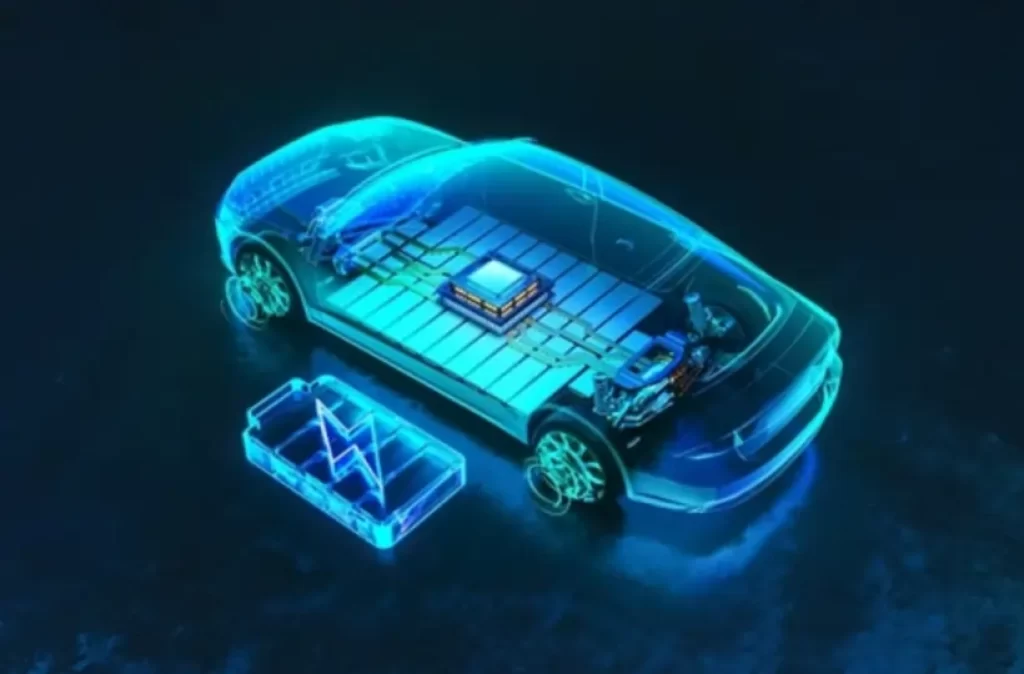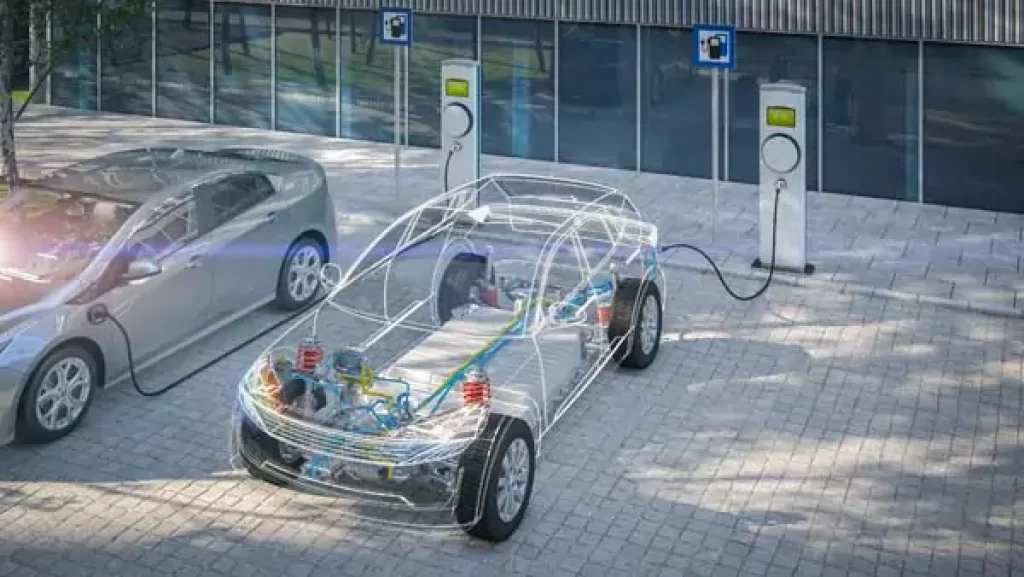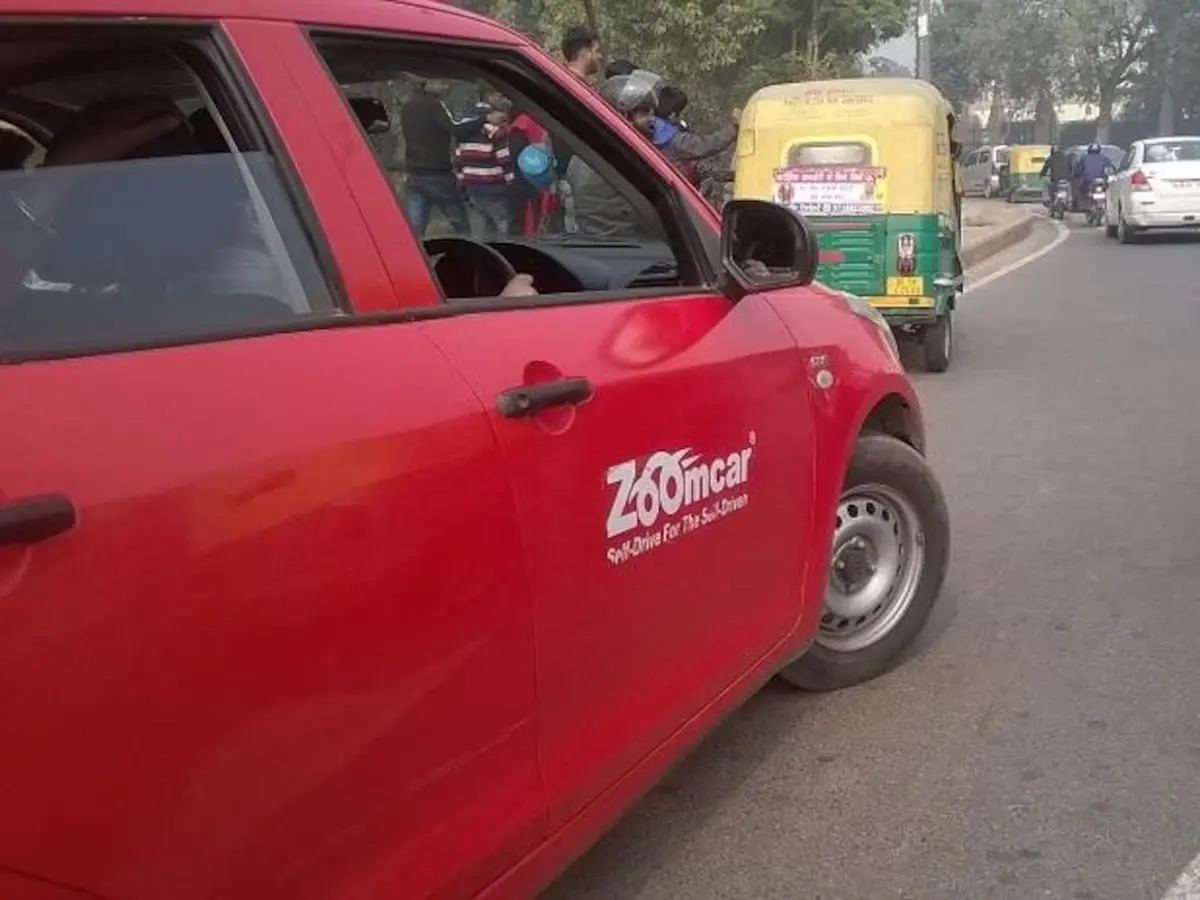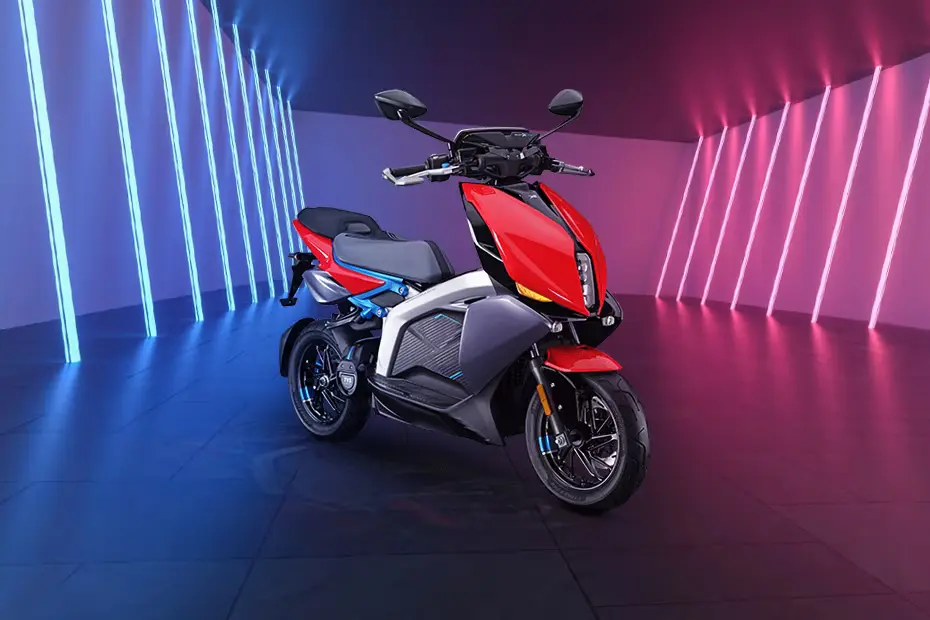
Electric vehicle (EV) batteries are expensive, so buyers often wonder how long they will last before needing replacement. Manufacturers typically warranty EV batteries for 8-10 years against excessive degradation. But can EV batteries hold up for 5+ years without losing substantial capacity in real-world conditions? Let’s examine the factors impacting EV battery lifespan and how to maximize longevity.

How Long Should an EV Battery Last?
Most EV automakers state that their lithium-ion batteries should deliver the following:
- 8-10 years of life before needing replacement
- Over 1,00,000 km of distance traveled
- Around 1,500-2,000 charge cycles
However, battery life spans depend heavily on usage and care. With optimum charging habits and maintenance, EV batteries can exceed the above benchmarks.
What Constitutes “Significant” EV Battery Degradation?
There is no fixed threshold, but general industry standards on battery degradation are:
- <10% capacity loss over 5 years is considered normal
- 10-15% capacity loss over 5 years is moderate degradation
- >15-20% capacity loss over 5 years is faster than expected
To maximize lifespan, aim to keep degradation under 10% over the first 5 years of use or 1,00,000 km driven with proper care.
Core Factors Impacting EV Battery Lifespan

The key factors that affect EV battery degradation rates are:
1. Total Mileage Covered
- The more kilometers are driven over the battery’s lifetime, its capacity will diminish.
- Spread usage over shorter trips rather than fewer longer trips to minimize mileage impact.
2. Charging Cycles
- Each full charge cycle strains the battery a bit. Limiting cycles extends battery health.
- Follow a 20-80% charging approach instead of 0-100% full cycles daily.
3. Charging Method
- Slow AC charging causes less battery wear than rapid DC fast charging.
- Minimize daily fast charging to avoid heat and stress on the battery. Use it only when needed.
4. Climate Conditions
- Using an EV in hot 45°C+ or cold -10°C temperatures degrades batteries faster.
- Thermal management and battery conditioning systems help mitigate climate impact.
5. Deep Discharges
- Frequent 100% to 0% full discharges add strain. Maintain a 20-30% state of charge minimum.
6. Vehicle Age
- Natural battery cell aging through mechanical and chemical changes over time.
- Annual battery health checks are recommended after 3-4 years to monitor degradation.
Battery Health Management Systems

Modern EV batteries have sophisticated battery management systems (BMS) that optimize lifetime:
- Monitor cell voltages and temperatures
- Regulate current flow to prevent overheating
- Actively balance charging between battery cells
- Cut off overcharging and over-discharging
- Control cooling/heating to keep a pack in the ideal temperature range
The BMS aims to maximize cycle life while minimizing capacity deterioration. It’s automated for ease of use.
Tips to Prolong EV Battery Lifespan
Here are top tips to reduce degradation and make an EV battery last 5-6 years or more:
- Follow prescribed charging guidelines from the manufacturer
- Avoid daily 100% charges; charge 80-90% for daily use
- Use slower AC charging over fast DC charging whenever possible
- Don’t deplete the battery fully to 0% routinely; keep 20-30% charge minimum
- Park in the shade to keep the battery cool; pre-cool it before fast charging
- Get annual battery health check-ups after 3-4 years of use
- Avoid long periods of non-use, which affects battery cells adversely
Adhering to these best practices, most EV batteries can maintain over 80% of their original capacity even after 5-6 years.
EV Battery Warranties in India
Let’s look at battery warranty coverage offered by top EV brands in India:
| EV Model | Battery Warranty |
|---|---|
| Tata Nexon EV | 8 years or 1.6 lakh km |
| MG ZS EV | 8 years or 1.5 lakh km |
| Hyundai Kona | 3 years unlimited km |
| Ola S1 | 3 years unlimited km |
| Ather 450X | 3 years unlimited km |
Luxury brands like Mercedes and Audi offer just 2-3 years warranties, while Tata provides the longest 8-year coverage.
The warranty provides a safety net, but proactive care is key for 5+ years of usable battery life.
Also Read: EV Battery Warranties – What Do Manufacturers Cover in India?
How Much Does EV Battery Replacement Cost?
The replacement cost for an EV battery pack in India ranges between ₹5-15 lakhs depending on brand, model, battery size, etc. Here are indicative prices:
- Compact hatchbacks: ₹3-6 lakhs
- Midsize sedans: ₹6-10 lakhs
- Premium SUVs: ₹10-15 lakhs
- Two-wheelers: ₹30,000 – ₹1 lakh
Labor and taxes add to the base battery pack cost. Battery refurbishing or remanufacturing by some companies offers lower-cost options than brand-new replacements.
Read This Also: EV Battery Replacement Costs in India – Out-of-Warranty Analysis
Are EV Batteries Recyclable?

Yes, EV lithium-ion batteries can be recycled instead of landfill disposal at end-of-life. Automakers have battery recycling partnerships to recover high-value materials:
Key Steps:
- Safely discharge, dismantle, and shred dead battery packs
- Separate metal casings, electronics, wiring, steel casings
- Extract and process cathode metals like lithium, nickel, cobalt
- Reuse recovered materials to manufacture new batteries
This reduces environmental impact through sustainable recycling.
Future EV Battery Technologies
Here are some innovations that can enhance EV battery durability and prolong lifespan in the future:
- Improved thermal management via advanced liquid cooling
- Solid-state electrolytes to replace liquid electrolytes
- New electrode nanostructures and materials
- Advanced membrane coatings for greater stability
- Optimized cell geometry and battery pack design
- Built-in self-healing mechanisms
- Smarter battery management systems with AI
- Use of graphene, carbon nanotubes, and other reinforcements
As battery technology keeps improving, degradation rates are projected to reduce further – increasing usable lifespans beyond 5-6 years.
Key Takeaways
In summary, with proper care and charging habits – modern EV batteries can deliver over 5 years and 100,000 km of usable life without excessive degradation of over 15%. Battery management systems and warranties provide additional buffers. Advancements in battery tech also steadily improve longevity. Adopt smart charging practices and keep batteries cool to maximize your EV investment.







